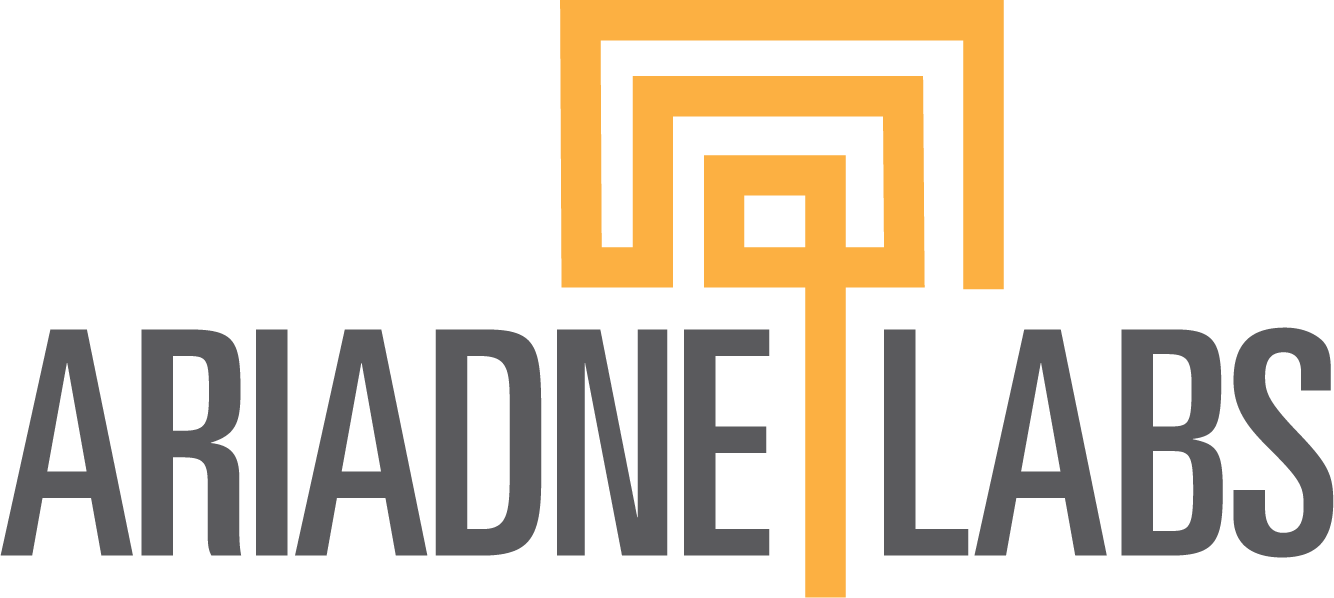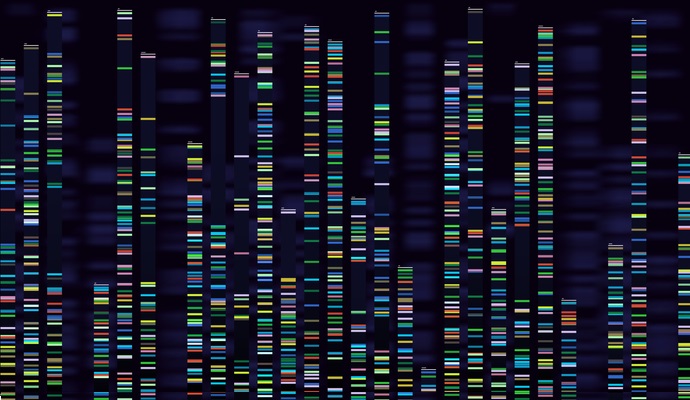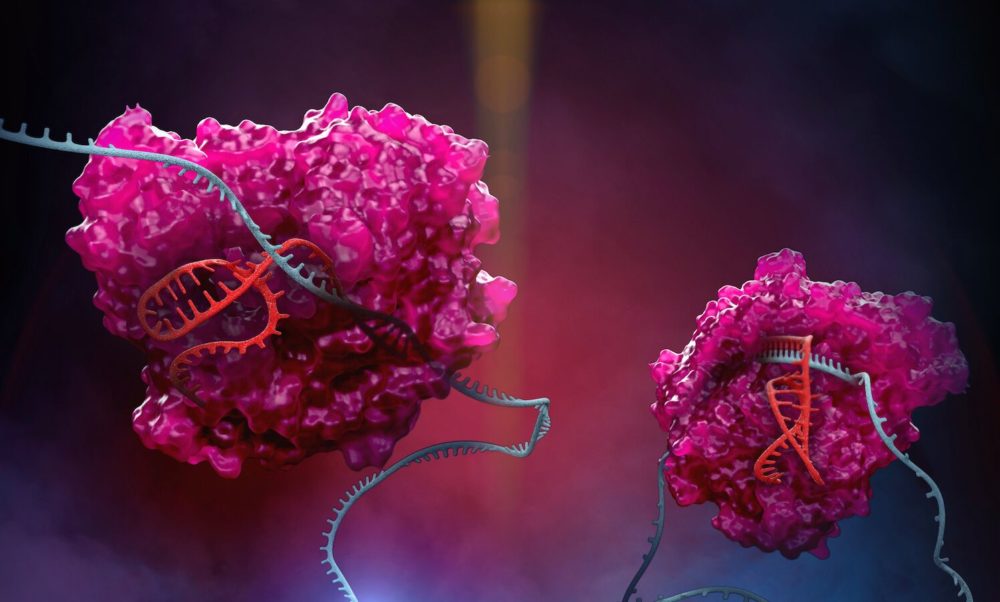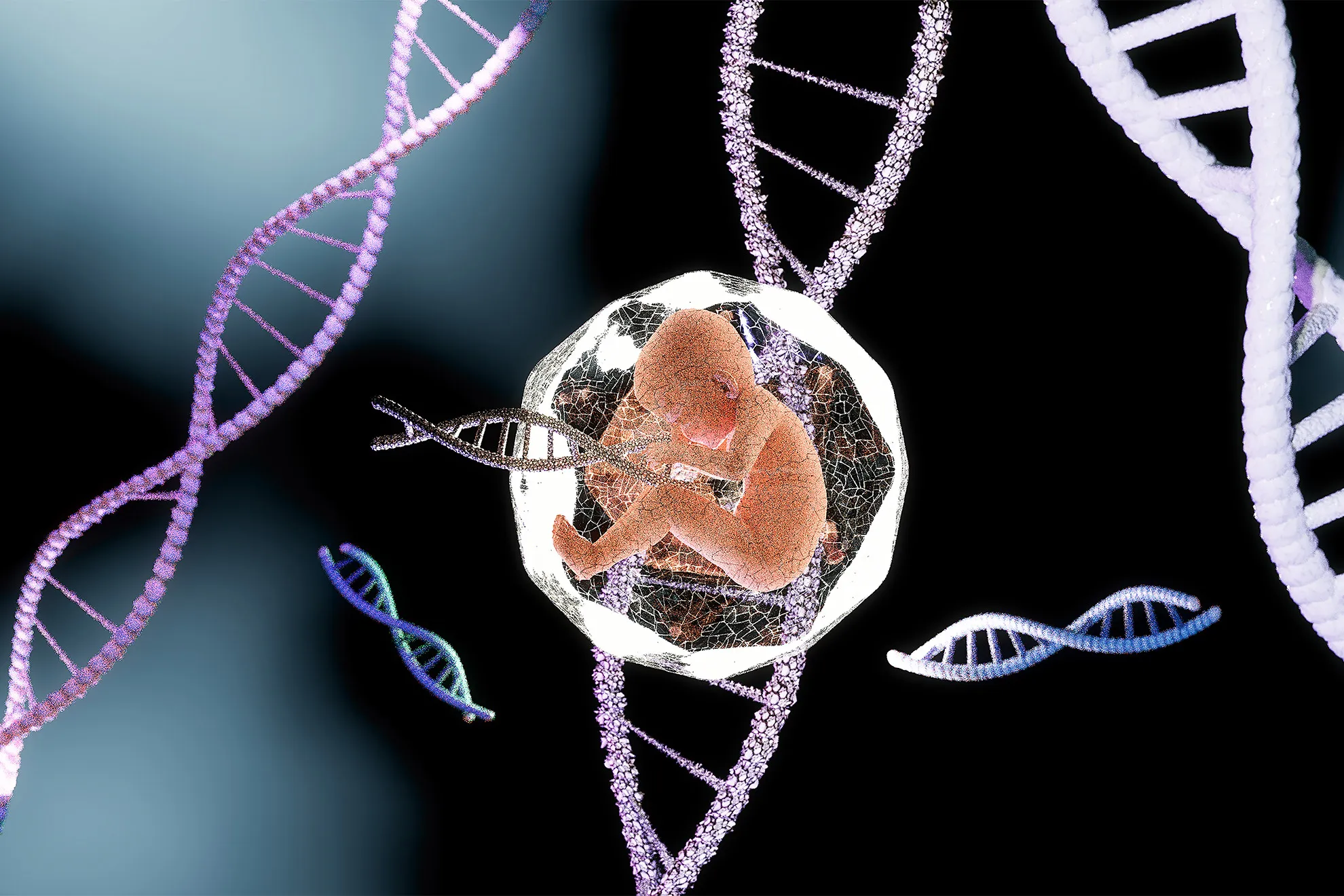Precision Population Health
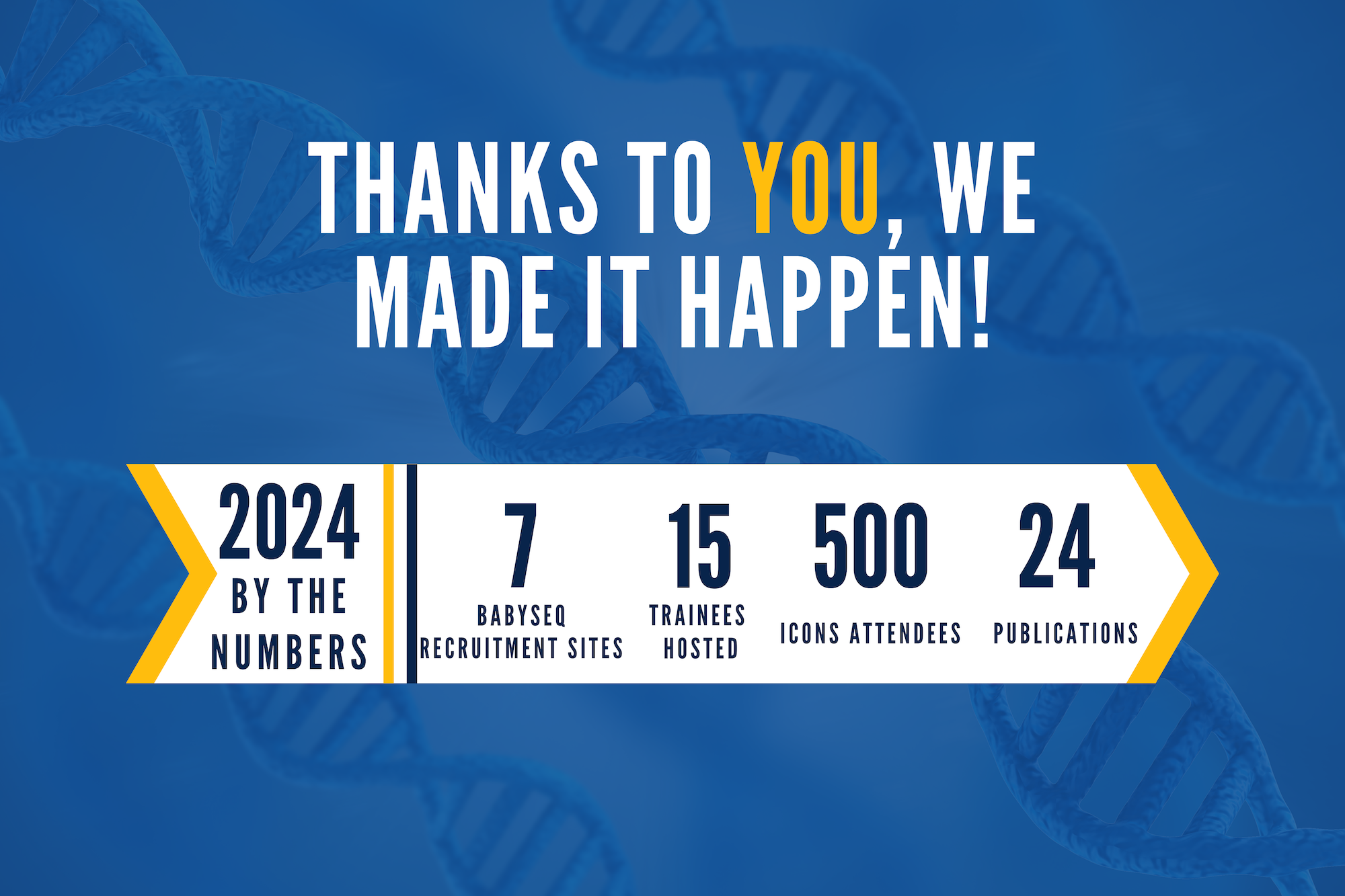
G2P 2024 Year in Review
Thanks to you, we made it happen! Extending a heartfelt thank you for your support of the Genomes2People Research Program in 2024. This newsletter highlights milestones in 2024, including expanding the BabySeq project to 7 sites nationwide, hosting 15 research trainees, contributing to a successful International Conference on Newborn Sequencing, and completing the first ever … Continued
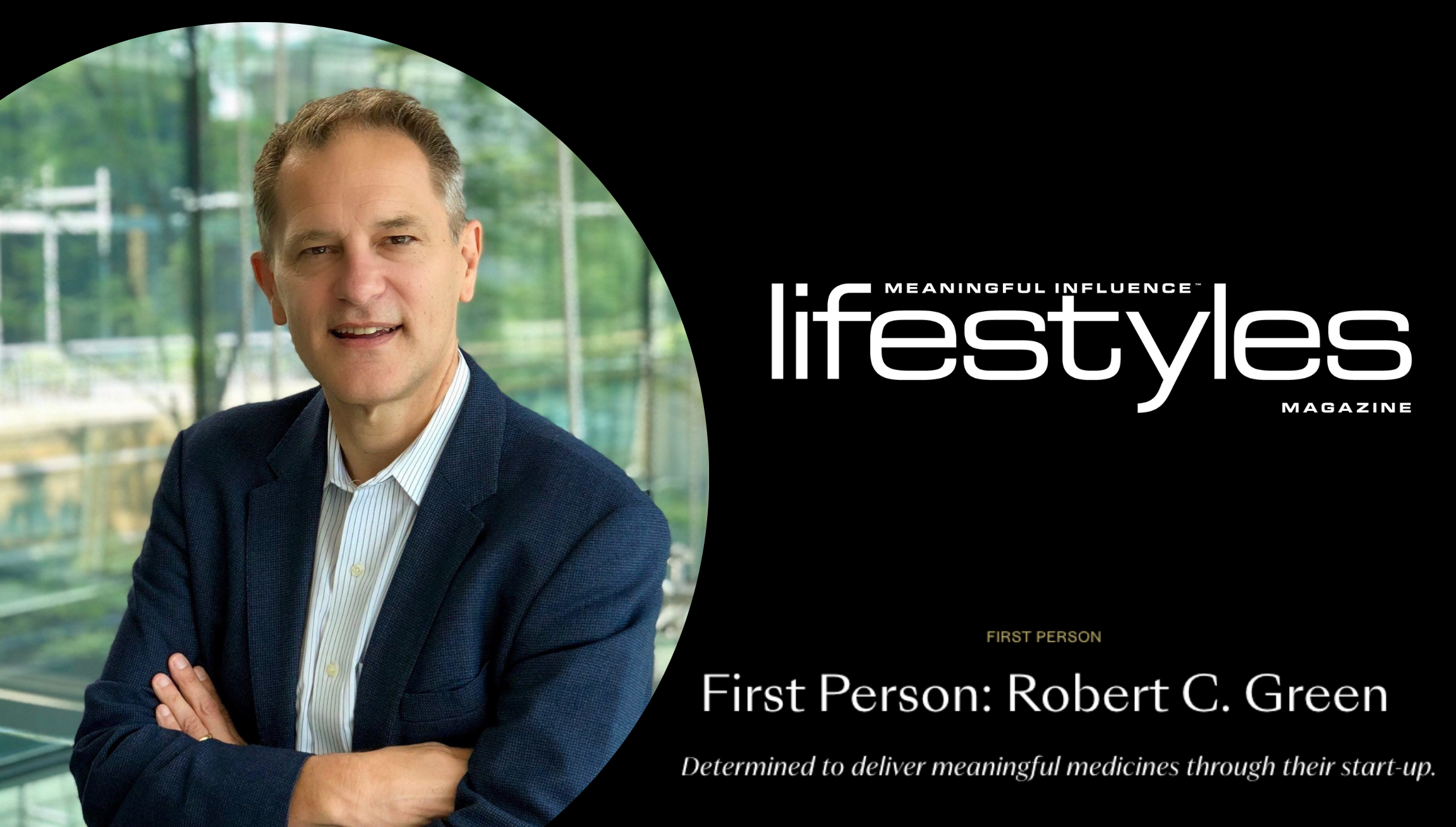
First Person: Robert C. Green
Robert C. Green, MD, MPH writes a piece for Lifestyles Magazine on the promise of preventive genomics. Dr. Green draws on his experience researching preventive genomics over the past 20 years and his experience launching Nurture Genomics, a start-up delivering genome sequencing to newborns and children.
Health-literate care organizations for precision health
Attitudes, knowledge, and risk perceptions of patients who received elective genomic testing as a clinical service

G2P December Newsletter 2023
G2P’s final newsletter of 2023 celebrates the five year anniversary of The Franca Sozzani Fund for Preventive Genomics. Other highlights include the second annual meeting of the International Consortium on Newborn Sequencing (ICoNS) in London and the 2023 Advisory Board members of the year, Mike and Ann Marie Einziger. We also join Genomes2Veterans in celebrating … Continued
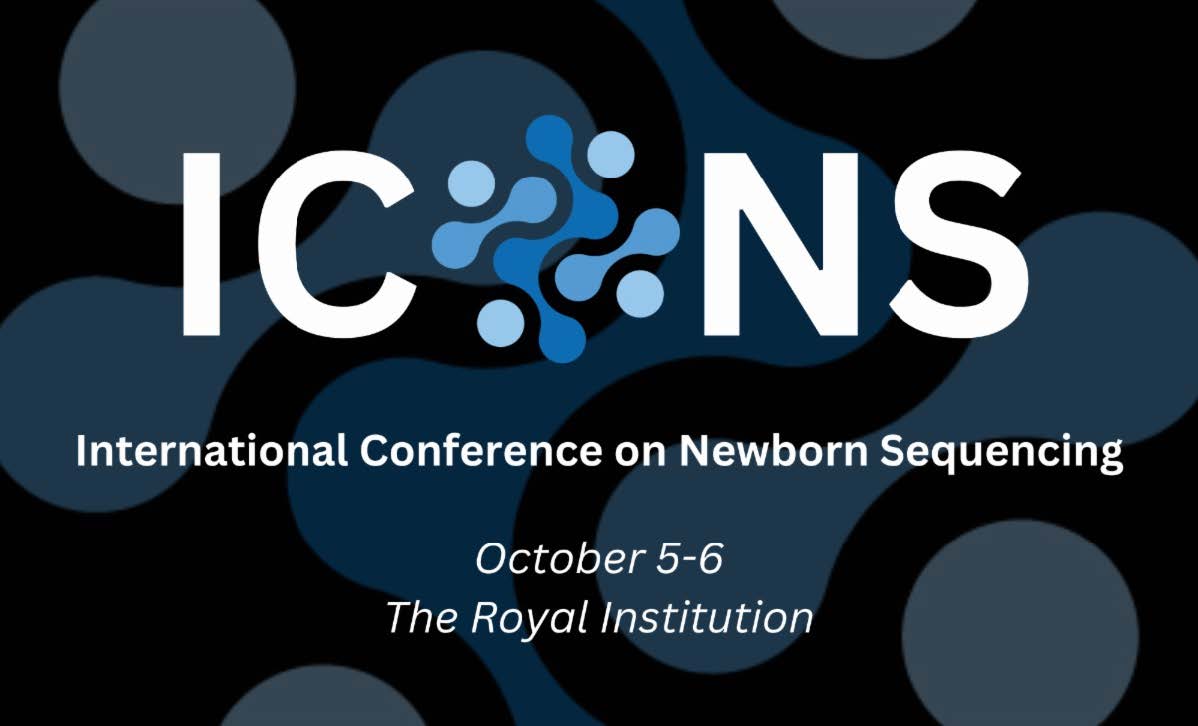
G2P September Newsletter 2023
This newsletter highlights the International Conference on Newborn Sequencing (ICoNS) that is just around the corner on October 5-6, 2023 in London, UK. It’s not too late to register! Other G2P updates include media coverage of BabySeq1 publications, a new publication from the Sanford Imagenetics team about pharmacogenomics in primary care, and a blog post … Continued
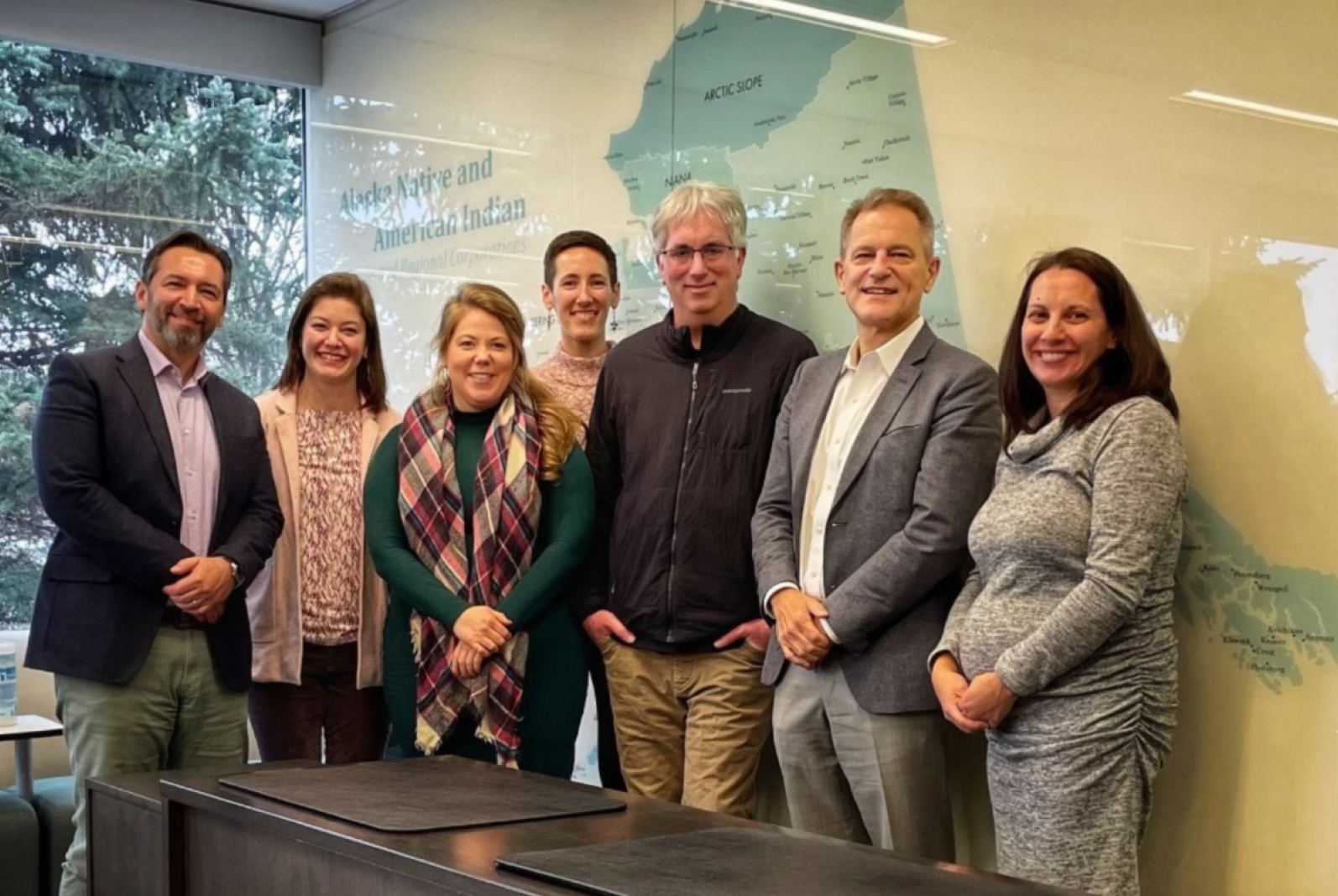
G2P July Newsletter 2023
In this newsletter we’re excited to announce that the Precision Population Health initiative (PPH) is working with the South Central Foundation (SCF) on a new clinical genomic screening program to improve the health of the Alaska Native population. We are also thrilled to share that registration for the Second Annual International Conference on Newborn Sequencing … Continued

Precision screening for health equity
“Addressing stark, deeply-rooted racial disparities in healthcare has to be a priority for medical research. PRS might be one tool to improve disease screening and move us beyond race-based medical decision-making and toward more equitable health outcomes.”
SLCO1B1 gene-based clinical decision support reduces statin associated muscle symptom risk with simvastatin
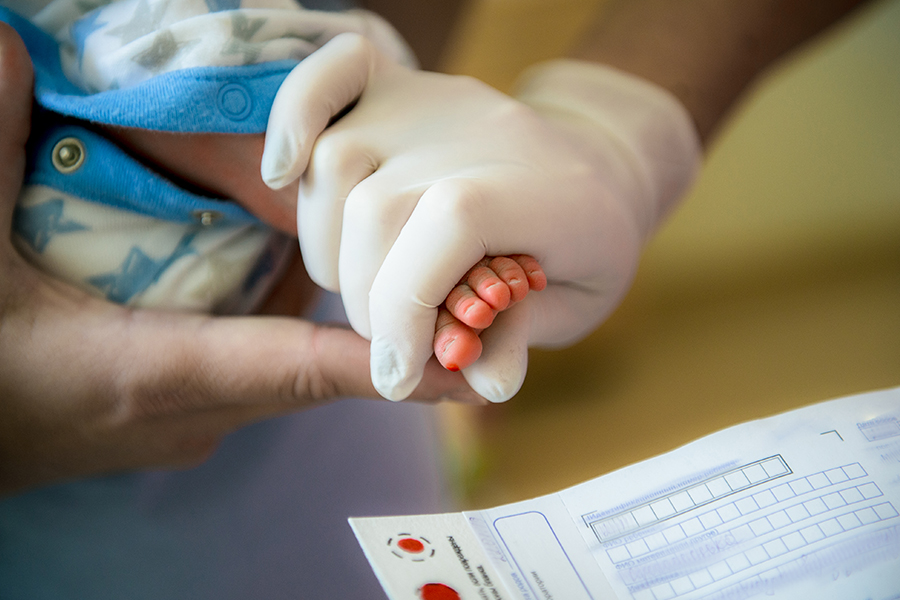
Genetics experts support adding hundreds of treatable rare diseases to newborn screening
“In a newly released study, nearly nine of 10 experts on rare diseases agreed that sequencing healthy newborns’ DNA to reveal treatable genetic disorders should be available for all infants. At least half of experts also endorsed testing for more than 400 genes as part of such newborn genomic screens. These NCATS-supported study results might … Continued

Should all U.S. newborns undergo genomic testing?
“While newborns are only screened for about 60 treatable conditions, there are hundreds of genetic disorders that have targeted treatments. Now, a national survey of experts in rare diseases found the vast majority support DNA sequencing in healthy newborns…’It has been a longstanding dream to someday offer DNA sequencing to all newborns in order to … Continued

Rare disease experts support newborn genome sequencing
“Research led by Mass General Hospital for Children suggests that almost 90% of rare disease experts are in favor of newborn genome sequencing for monogenic treatable disorders…’Early identification of infants who are at risk for genetic disorders can be lifesaving and screening has the potential to improve healthcare disparities for affected children,’ said lead author … Continued

Experts endorse universal genomic screening of monogenic, treatable diseases in newborns
“An overwhelming majority of rare disease experts agree that a genomic sequencing test for monogenic treatable conditions should be available to all newborns, a new survey shows.”

Rare-disease doctors support expanded newborn genomic screening, survey finds
“When 238 rare-disease doctors across the U.S. were surveyed by a research team at Mass General Brigham in Boston, 88% of them agreed that DNA sequencing to screen for certain treatable childhood disorders should be made available to all newborns. The study was published Monday in JAMA Network Open.”

Mass General Brigham-led study finds experts support DNA sequencing in newborns
“Findings from a new study led by researchers at Mass General Brigham suggest that rare disease experts are now in favor of more expansive newborn testing. In a study published today in JAMA Network Open, 88 percent of rare disease experts agreed that DNA sequencing to screen for treatable childhood disorders should be made available … Continued
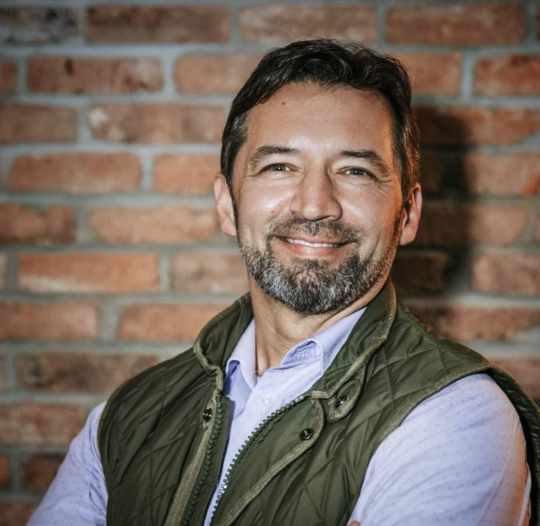
Five questions with Nic Encina: Working upstream or downstream
“In our Five-Question series, we highlight the staff and faculty behind the compelling work at Ariadne Labs. Upstream or downstream? That has long been a career question for Nic Encina, MS, MS, MBA, now Director of Strategy of the Precision Population Health initiative at Ariadne Labs.”
Elective genomic testing: Practice resource of the National Society of Genetic Counselors
Parents’ decision-making regarding whether to receive adult-onset only genetic findings for their children: Findings from the BabySeq Project
Prioritizing the detection of rare pathogenic variants in population screening

Robert C. Green: By sharing their genetic risks, Hemsworth, Jolie are raising awareness of testing
In this Chicago Tribune post, G2P Director Robert Green writes that Hemsworth and Jolie are accelerating awareness and acceptance of a future where we do not wait to respond to the ravages of so many diseases but rather anticipate, predict and prevent them through genomics.
Public willingness to participate in population DNA screening in Australia

Making genomics as diverse as humanity
The lack of diversity in genomic research may be a call to fundamentally change the research enterprise.
Workforce considerations when building a precision medicine program

Revealing the hidden impact of whole-genome sequencing for newborns
“Would you have your baby’s genes sequenced at birth? A groundbreaking trial that used whole-genome sequencing to predict newborns’ future health, is starting to reveal the impact it has had on the whole family, seven years down the line.”
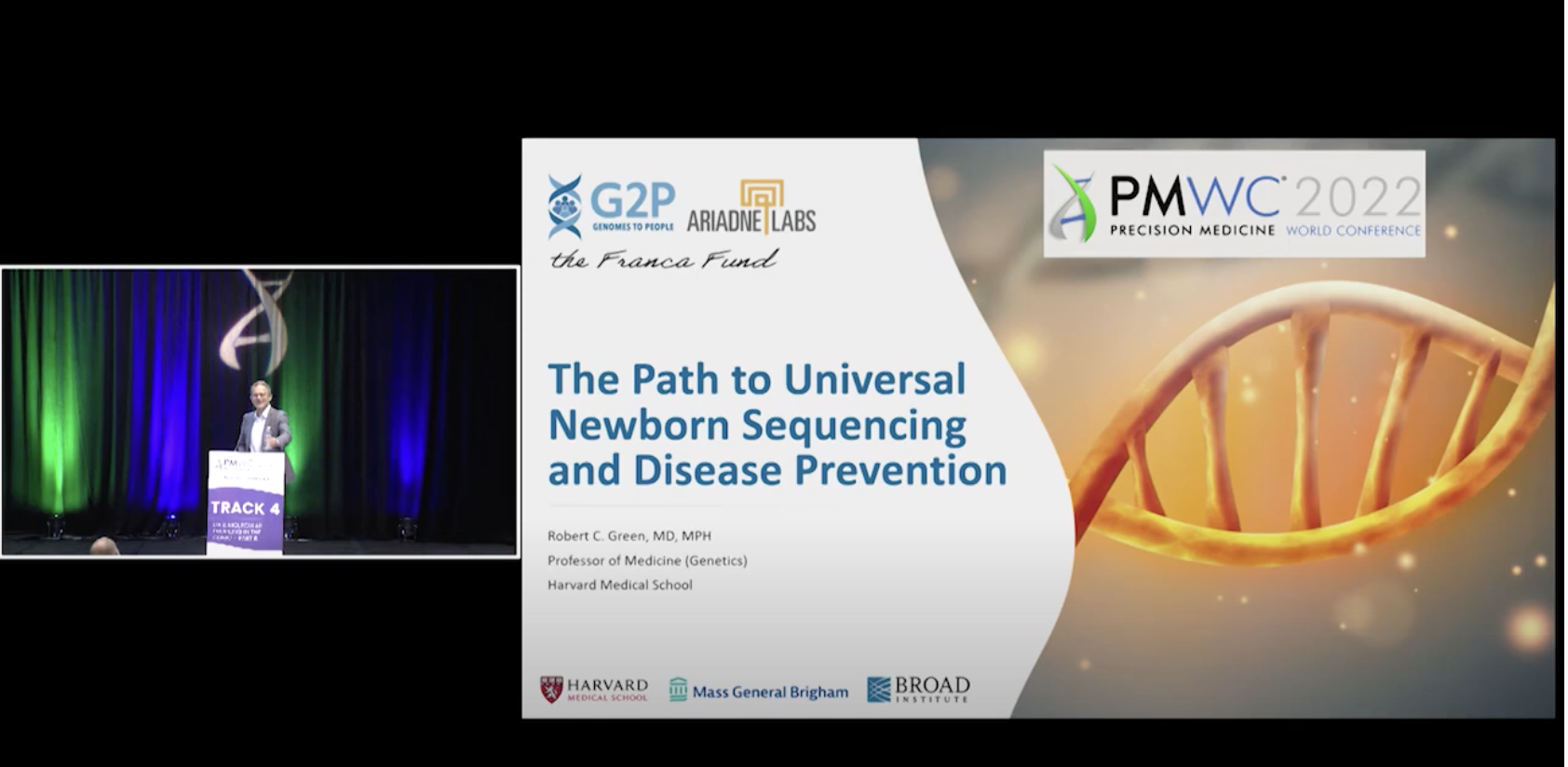
Precision Medicine World Conference: The path to universal newborn sequencing and disease prevention
PMWC, the “Precision Medicine World Conference” is the largest & original annual conference dedicated to precision medicine. At this year’s PMWC, G2P director Dr. Robert C. Green gave a talk on the path to universal newborn sequencing and disease prevention.

Medical research in genomics – Theory meets practice
Through the Achieving Research Equity & Inclusion Conference, Mass General Brigham engages stakeholders from across the country and our communities for a unique opportunity to change how we do research. Click the link below to hear Dr. Robert C. Green talk about medical research in genomics, where theory meets practice.
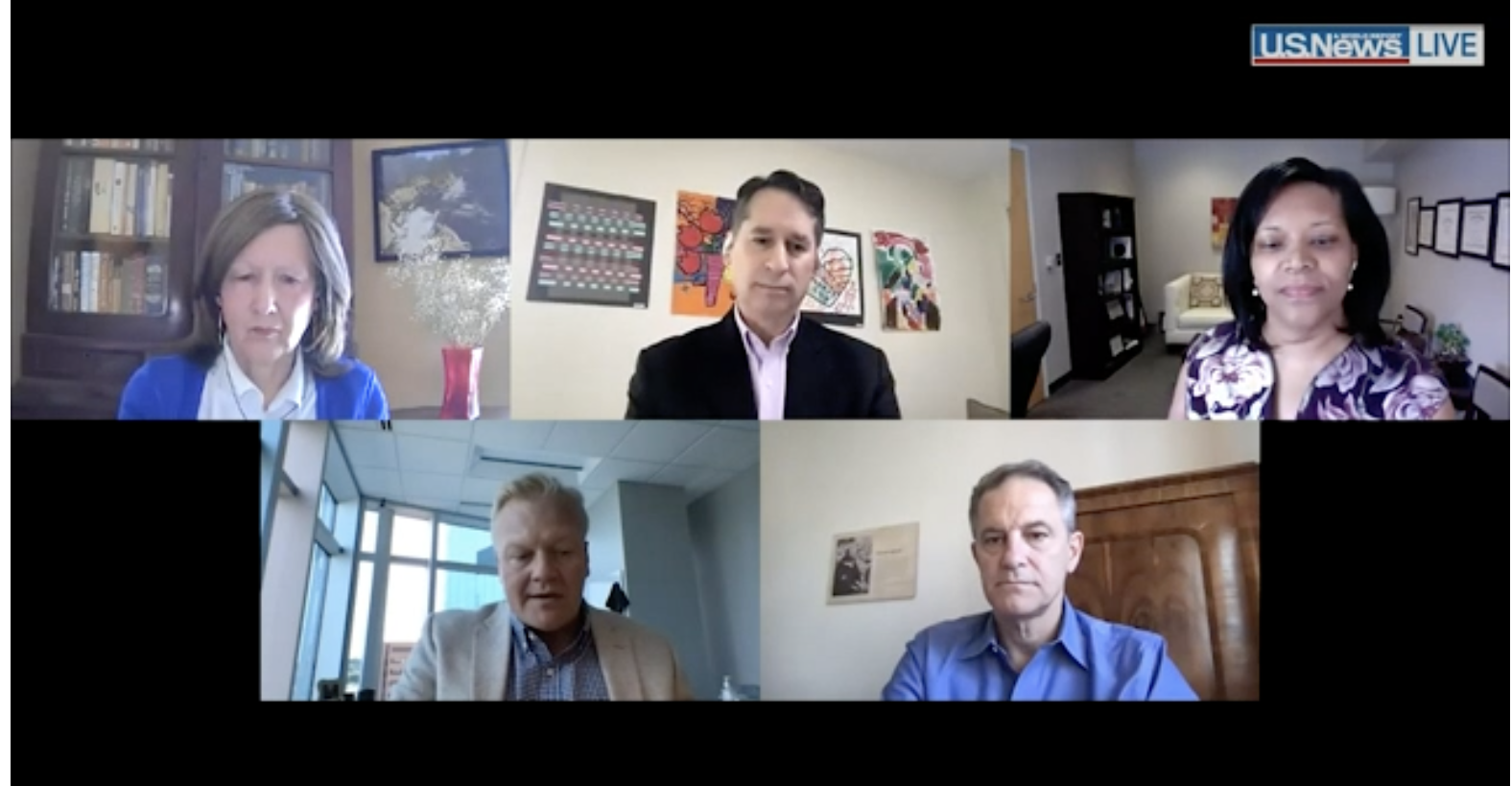
Will genetics and genomics deliver precision health?
Hear from a panel of experts, including Dr. Robert C. Green, about the challenges and opportunities ahead for genomics and precision health, as well as how researchers, clinicians and other stakeholders are working to make sure that such efforts are inclusive, equitable, accessible and effective.

Full-genome screening for newborn babies is now on the cards
“Doctors in many places want to sequence and screen babies’ entire genomes at birth. In America there are projects to do just that at Boston Children’s Hospital, Columbia University and Rady Children’s Hospital in San Diego. A pioneering group at Harvard, known as BabySeq, has recently received money to expand its small-scale work to include … Continued
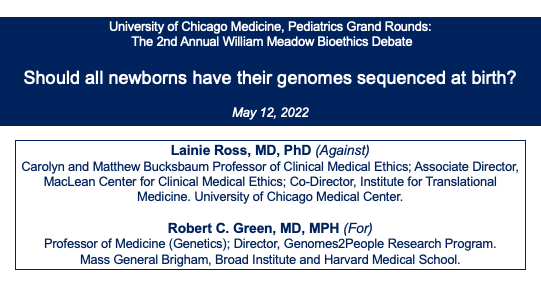
University of Chicago Medicine, Pediatrics Grand Rounds: The 2nd Annual William Meadow Bioethics Debate
In this debate hosted by the University of Chicago School of Medicine, Dr. Lainie Ross and Dr. Robert C. Green both respond to the question “should all newborns have their genomes sequenced at birth?”

Baby’s first genome
“Whole-genome sequencing may be the fastest way to diagnose rare complex diseases, but should it be incorporated into healthy newborn screening?” “We are missing the opportunity to address an increasing number of treatable conditions,” says G2P Dr. Robert Green.
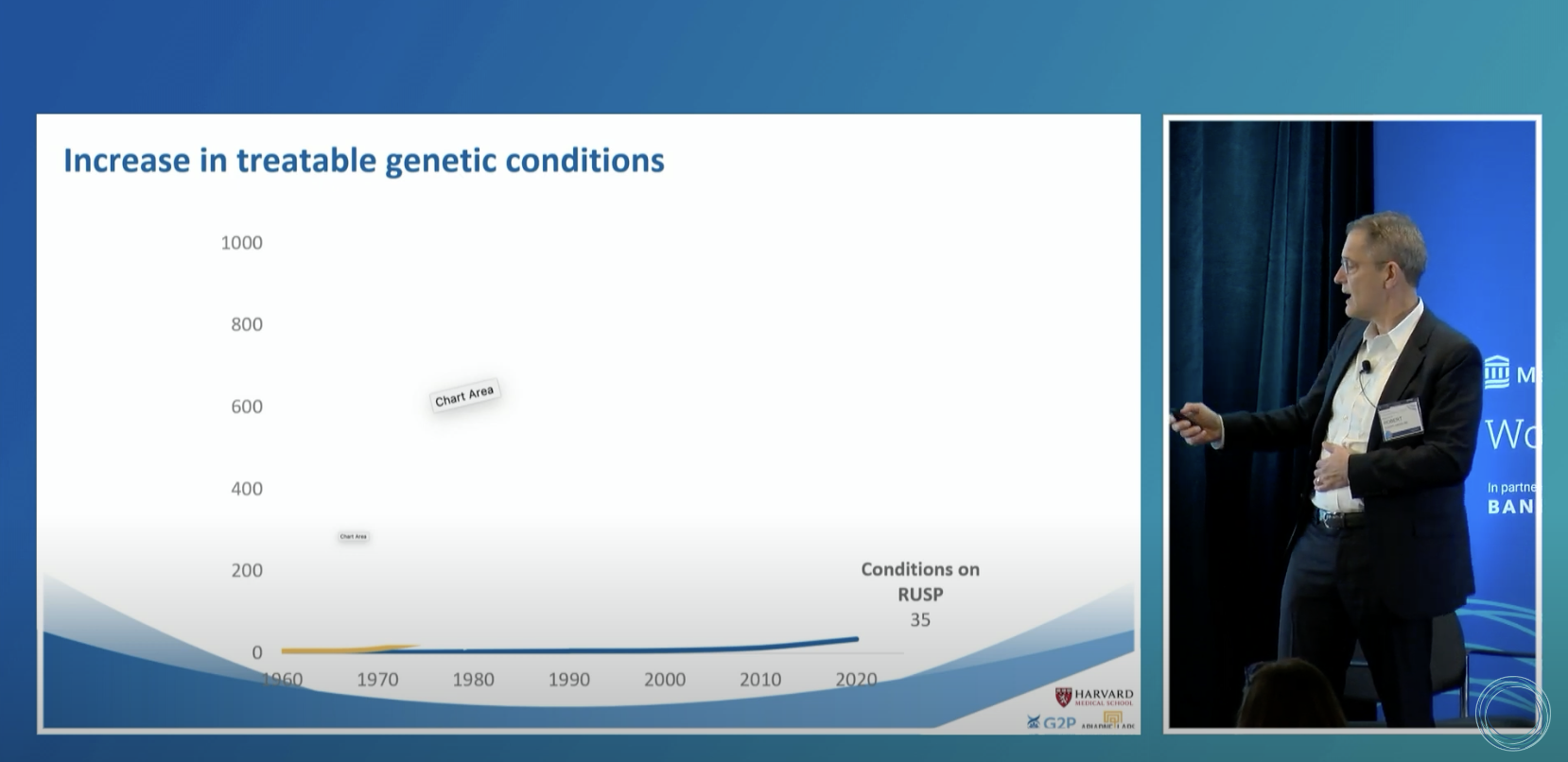
Newborn sequencing and prevention of rare diseases: A new challenge
Dr. Robert C. Green presents at the World Medical Innovation Forum on “Newborn Sequencing and Prevention of Rare Diseases: A New Public Health and Biopharma Challenge.”
Association of Pathogenic Variants in Hereditary Cancer Genes with Multiple Diseases
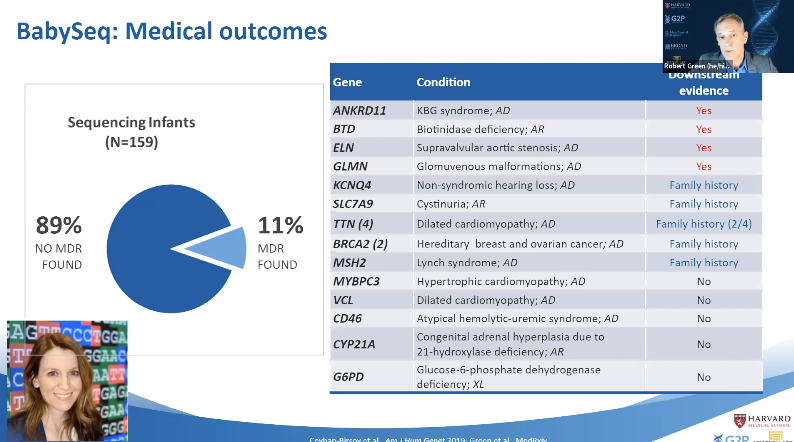
Genomics in Health Implementation Forum newborn sequencing virtual workshop
On April 5th, 2022, initiatives from around the globe will virtually convene for a meeting of the Genomics in Health Implementation Forum (GHIF). This focused workshop aims to share the status of international efforts establishing genomic newborn screening programs and identify areas for engagement with GA4GH Work Streams.

BabySeq newborn screening project aims for increased diversity in second phase
“BabySeq, the next-generation sequencing-based universal screening program for newborns, is gearing up for a second, expanded study. The lead researchers said they want the four-year, $5.1 million grant to help address a lack of diversity in the first cohort.”
Parental attitudes toward standard newborn screening and newborn genomic sequencing: Findings from the BabySeq Study
Population DNA screening for medically actionable disease risks in adults
Development of clinical polygenic risk score assay and report
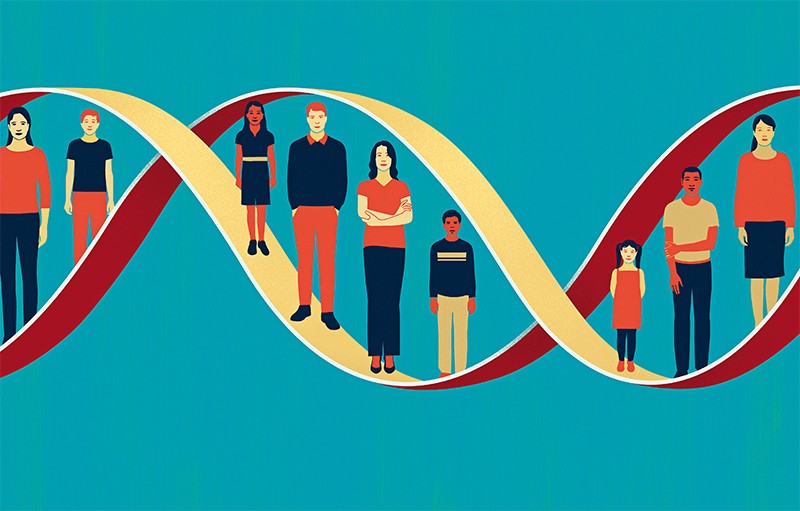
How genomics researchers can save their participants’ lives
“Genomic researchers who are returning results to participants need to look at how to incorporate sequencing now, not later.”




